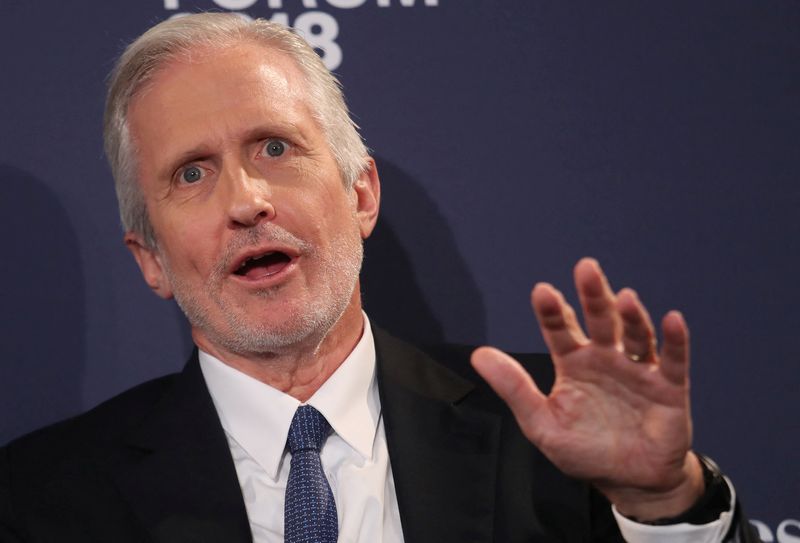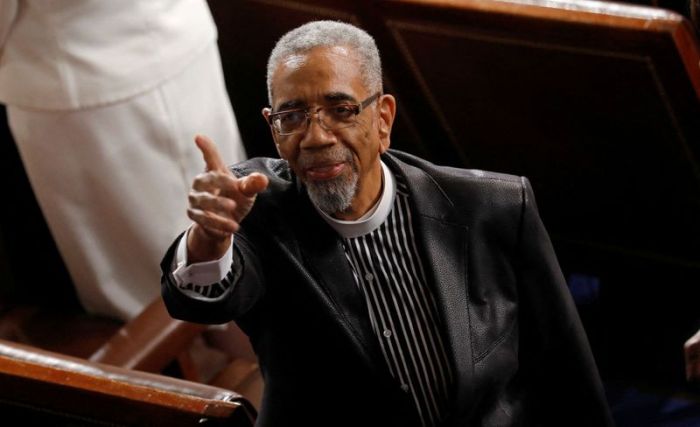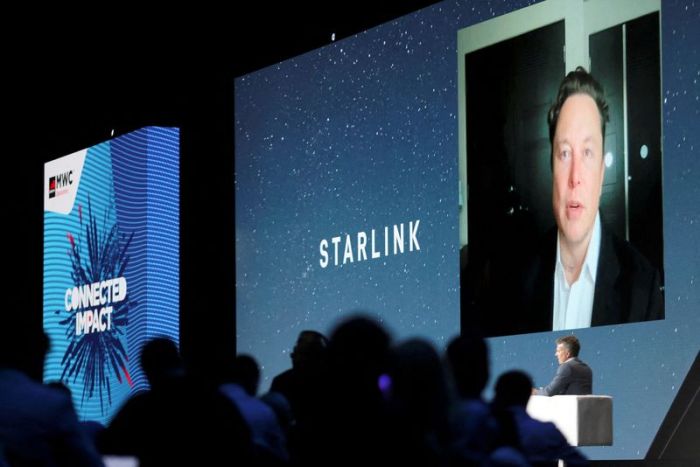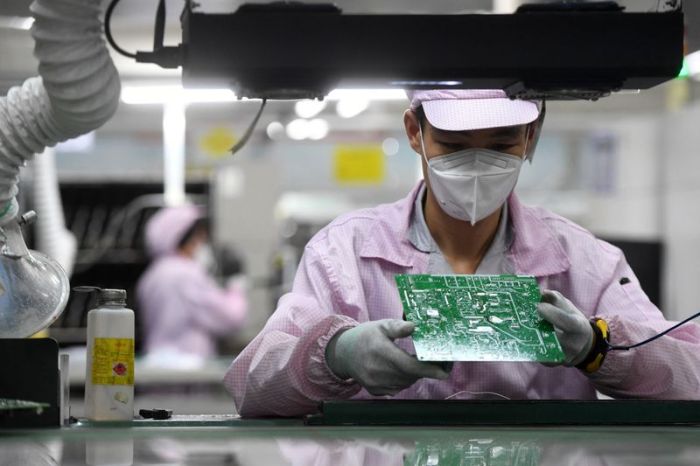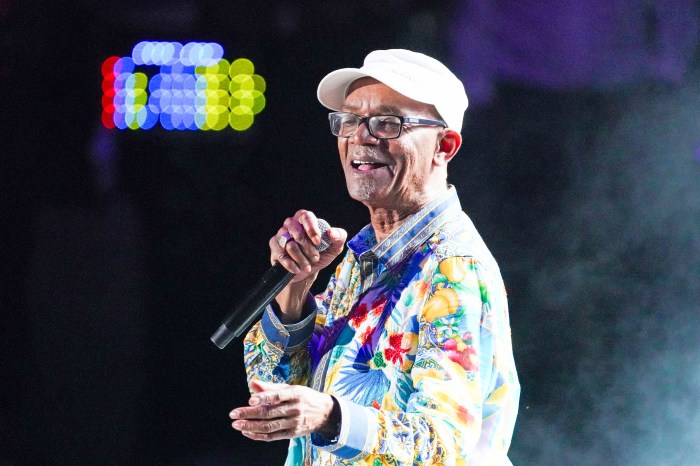(Reuters) – Private equity firm TPG disclosed on Tuesday it is aiming for a $9.5 billion valuation in its U.S. initial public offering (IPO), as it presses on with a stock market flotation later this month.
The underperformance of its peers’ shares over much of the last decade gave TPG pause in pursuing a public listing, sources previously said. The firm was also trying to recover from a string of poor investments in the 2000s and diversify its private equity platform into growth and social impact investing.
With interest rates at record lows and the global economic recovery from the COVID-19 pandemic turbocharging the buyout industry’s profits and driving a rally in the shares of its peers, TPG decided to pull the IPO trigger.
The Fort Worth, Texas-based firm, an investor in Airbnb Inc, Uber Technologies Inc and Spotify Technology SA, said it planned to sell about 28.3 million shares priced between $28 and $31 apiece in the offering.
TPG would raise about $877.6 million at the top end of its indicated price range. About 40% of that would go to TPG shareholders who plan to cash out. That excludes its founders, who plan to keep their holdings for now.
The rest of the proceeds will be used for expenses and funding TPG’s business, including growth initiatives, the firm said.
Founded as Texas Pacific Group in 1992 by David Bonderman and Jim Coulter, TPG made its first investment in 1993 in then-bankrupt Continental Airlines. It now has around $109 billion in assets under management in sectors from retail to healthcare.
The firm made huge bets two decades ago that went sour on companies such as Texas power utility Energy Future Holdings Corp, casino operator Caesars Entertainment Corp and floundering bank Washington Mutual Inc. During the 2008 financial crisis, federal regulators seized Washington Mutual and reached a deal to sell most of its operations to JPMorgan Chase & Co.
TPG managed to convince enough of its investors to stick with it, and its fortunes gradually recovered. Its business is now booming; it reported its net income for the nine months to September 2021 jumped more than fivefold to $1.7 billion. Its revenue surged to $3.89 billion, from $564.4 million a year earlier.
INSIDERS KEEP CONTROL
TPG will continue to be controlled by Bonderman, Coulter, Chief Executive Jon Winkelried and other partners under a dual-class share structure that gives the executives about 98% voting control over firm.
This is an arrangement that was also adopted by TPG’s peers when they went public, although most of them have converted in the last two years into a one-share-one-vote structure. Blackstone Inc has remained an exception, with CEO Stephen Schwarzman keeping control.
TPG said it would end the dual-class stock arrangement some time in the next five years. It said that in the next two years it planned to expand its controlling group by inviting two of its partners to join Bonderman, Coulter and Winkelried.
In 2021, Bonderman collected about $174 million as dividends and compensation, which consists of carried interest, base salary and bonuses. Coulter received $23.8 million in compensation, Winkelried earned $11.6 million while TPG President Todd Sisitsky took home $42 million, the filing showed.
J.P. Morgan, Goldman Sachs, Morgan Stanley, TPG Capital BD LLC and BofA Securities are the lead underwriters for TPG’s offering. It expects to list on the Nasdaq under the symbol “TPG.” (This story corrects to remove China Life shares in fifth paragraph)
(Reporting by Sohini Podder and Manya Saini in Bengaluru and Chibuike Oguh in New York; Editing by Aditya Soni and Cynthia Osterman)

